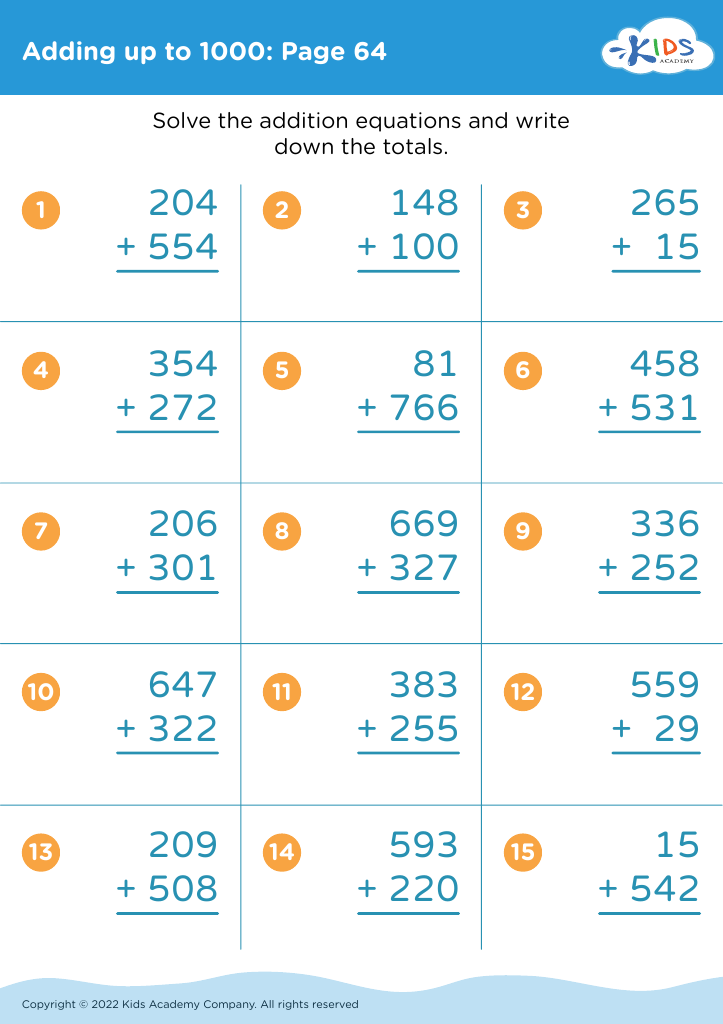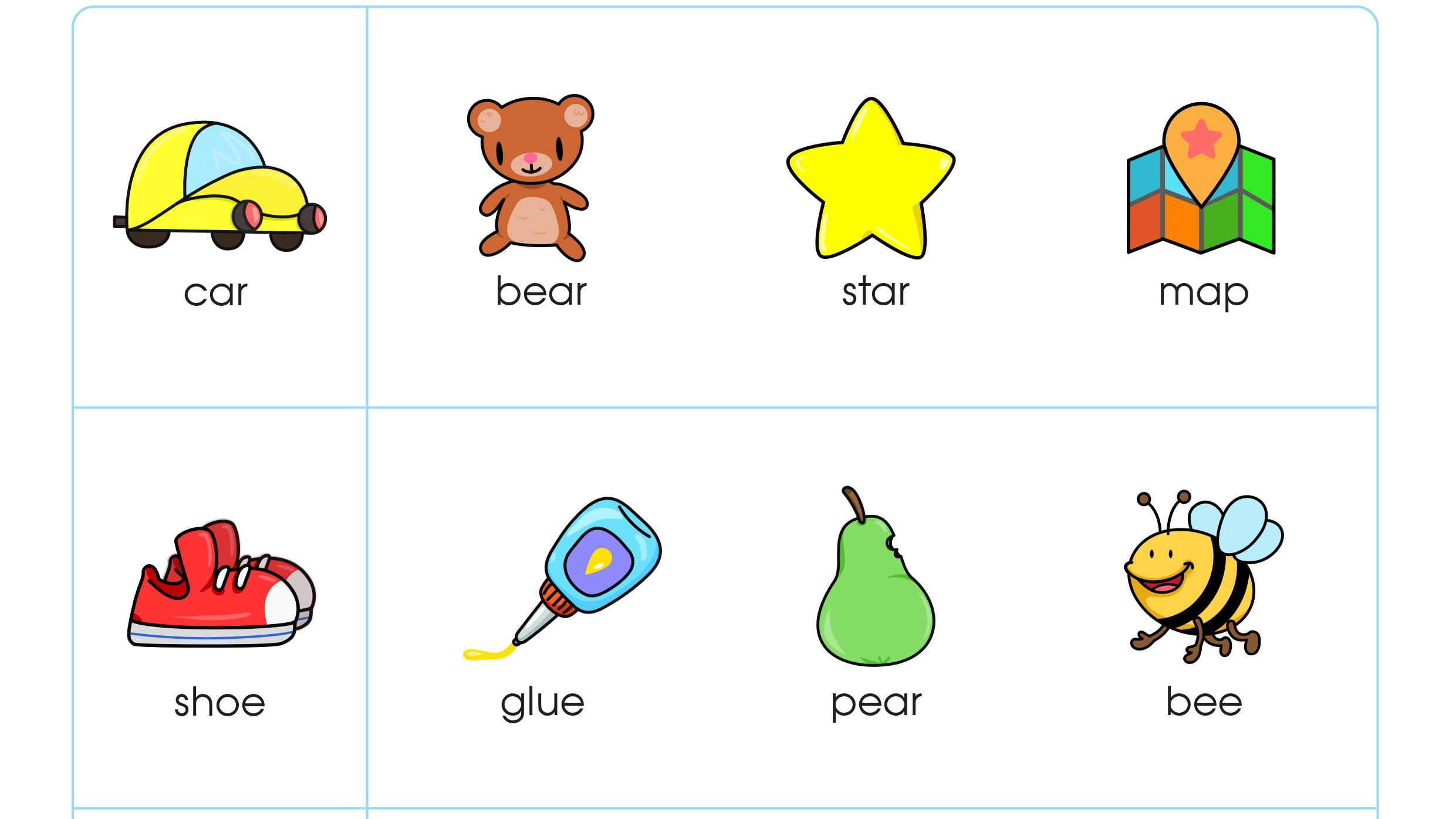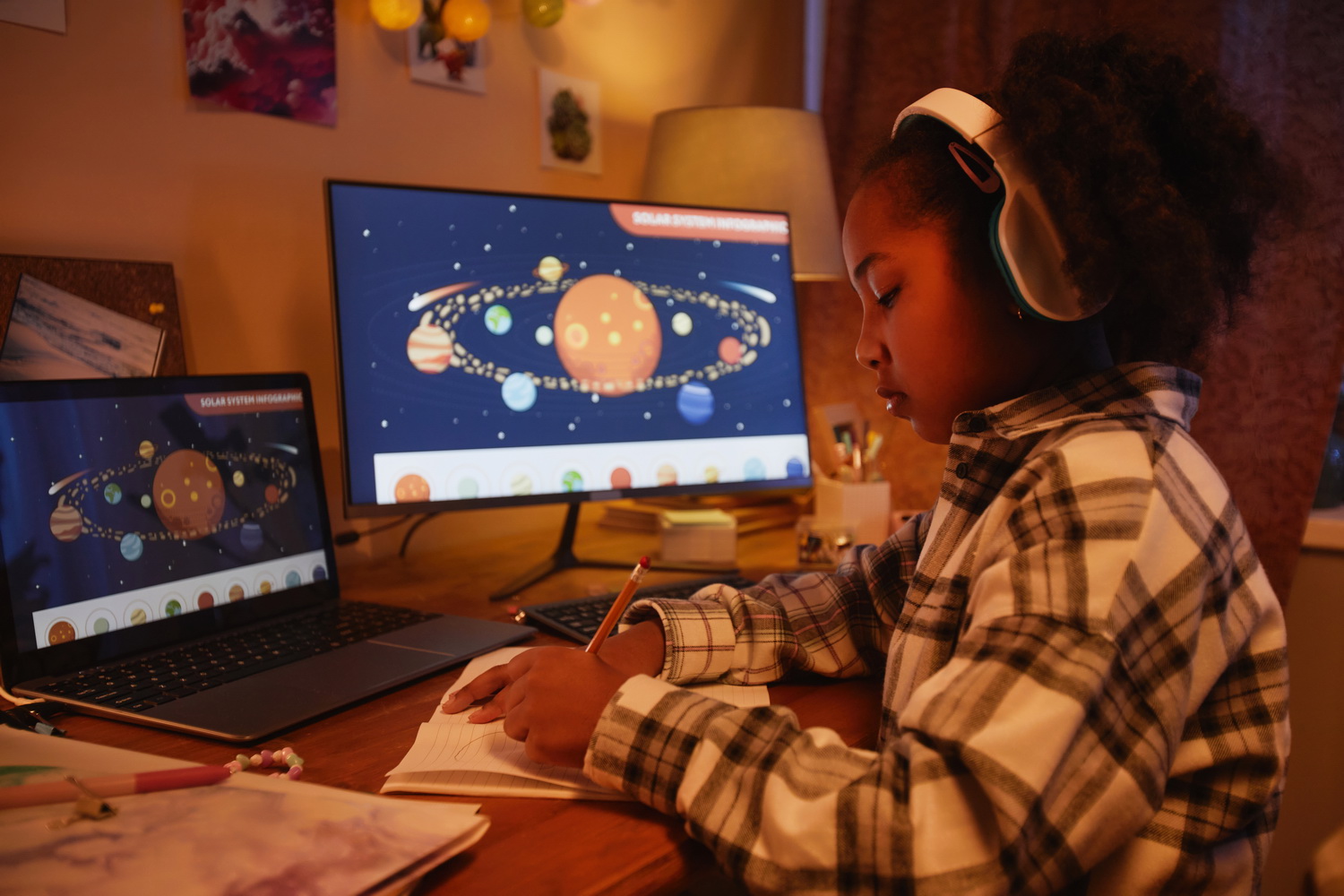Developing critical thinking Worksheets for Ages 3-8
11 filtered results
-
From - To
Unlock your child's potential with our engaging "Developing Critical Thinking Worksheets for Ages 3-8"! Designed specifically for young minds, these worksheets foster essential skills like problem-solving, analysis, and creativity. Our thoughtfully crafted activities encourage children to think outside the box while promoting independence and self-confidence. From fun puzzles to interactive games, each worksheet offers a vibrant and stimulating learning experience that keeps kids excited about problem-solving. Perfect for at-home practice or classroom instruction, these resources help your child build a strong foundation in critical thinking that will benefit them for years to come. Start nurturing your little one's intellect today!
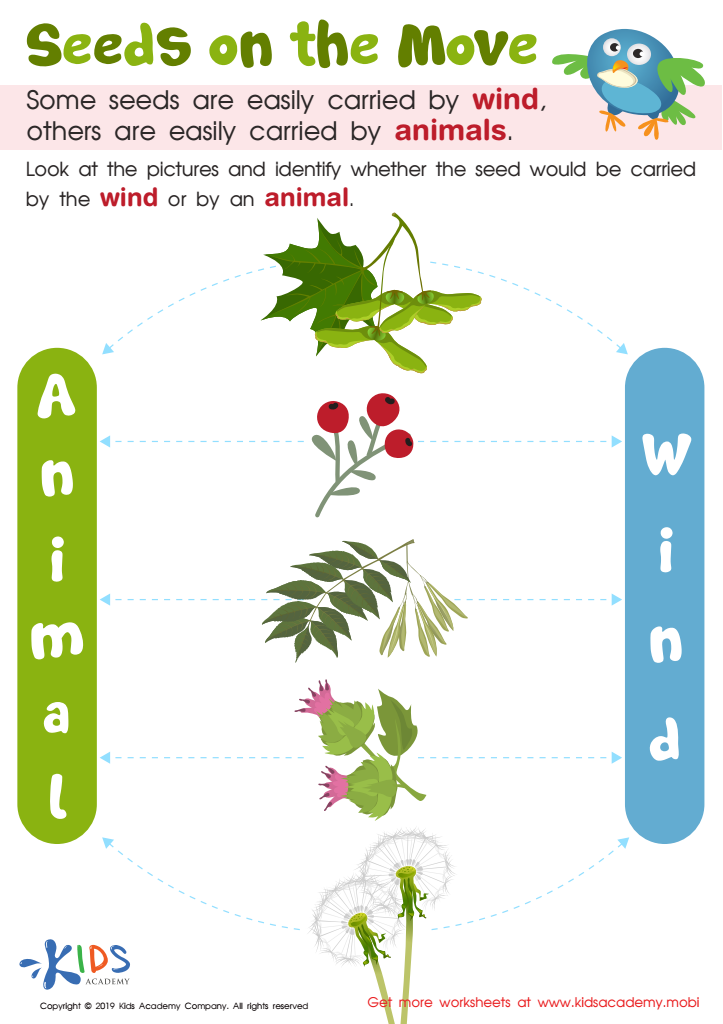

Seeds on the Move Worksheet
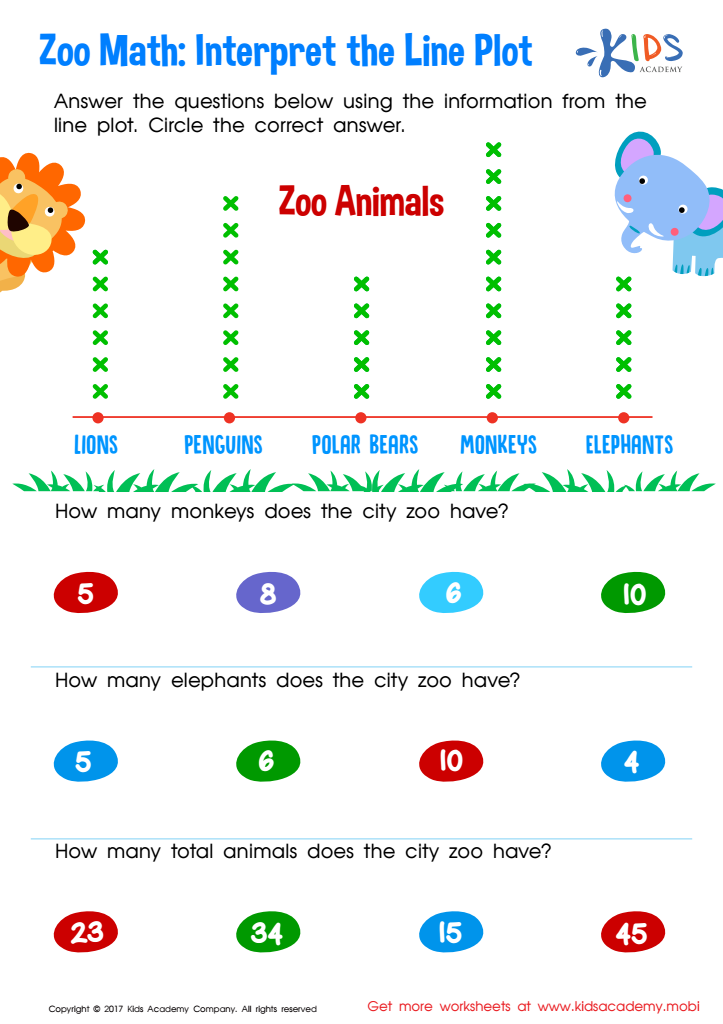

Interpret Line Plot Worksheet
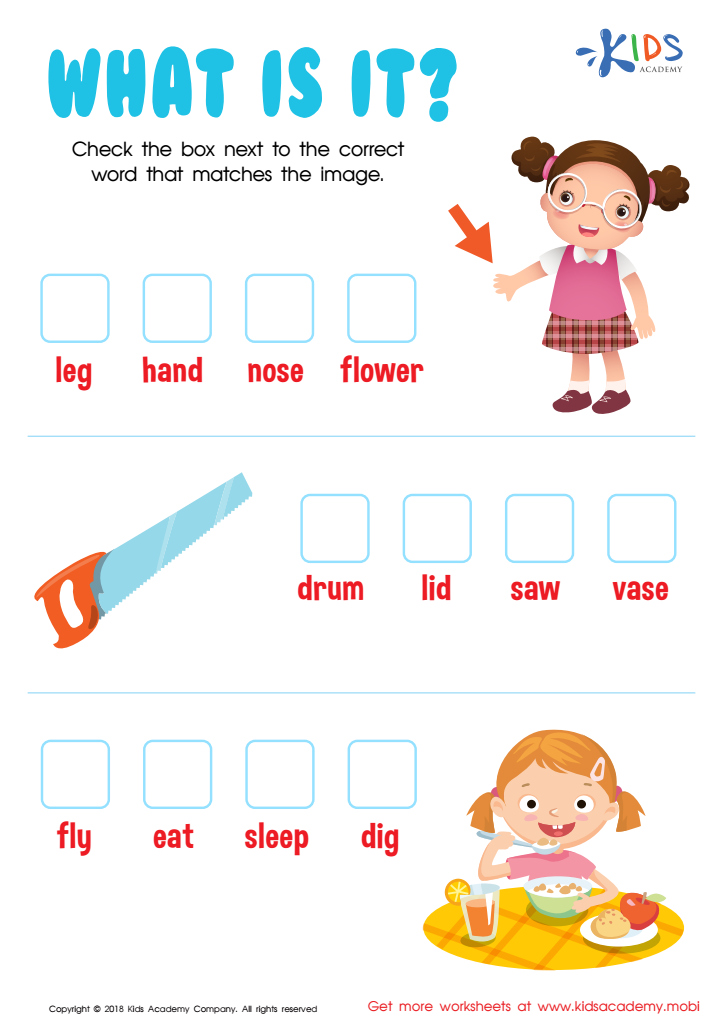

What Is It? Worksheet
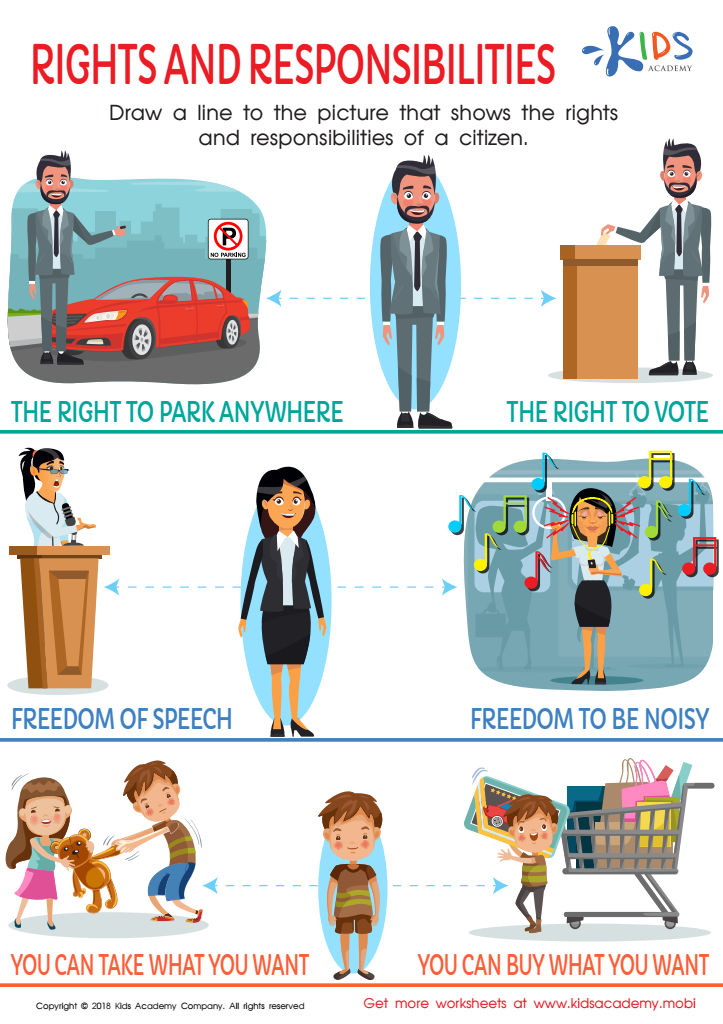

Rights and Responsibilities Worksheet
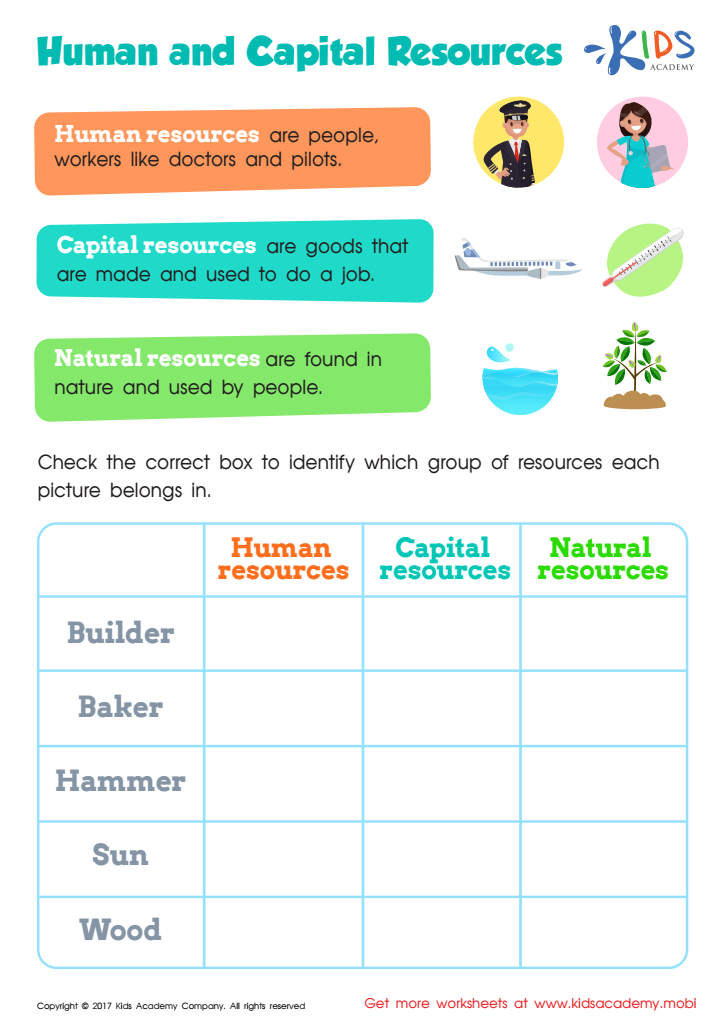

Human and Capital Resources Worksheet
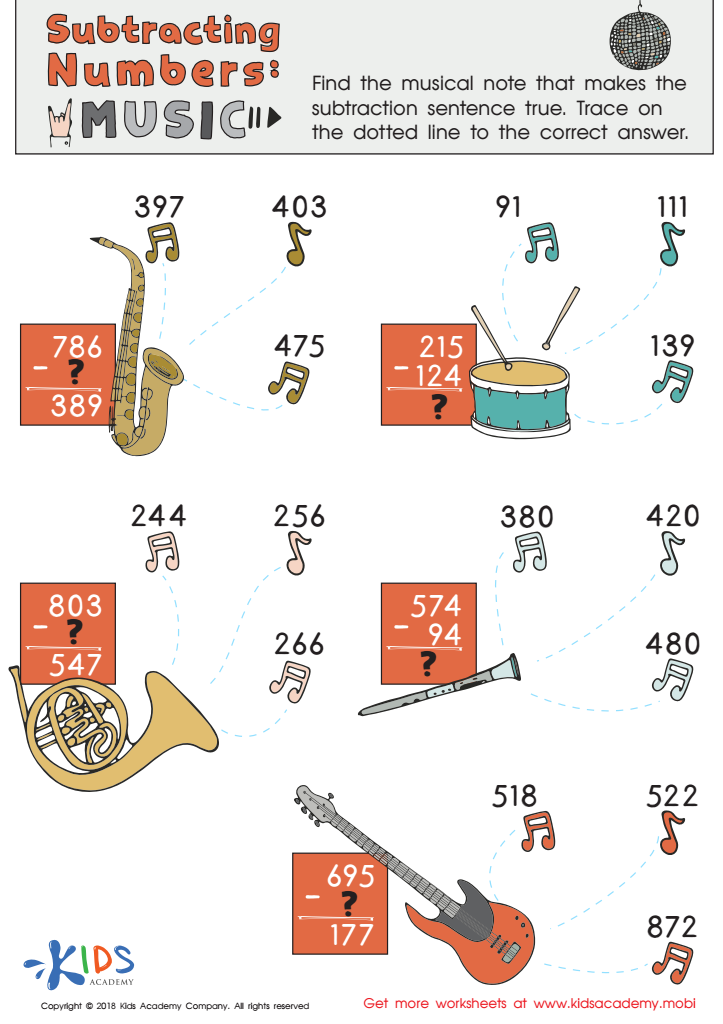

Subtracting Numbers: Music Worksheet
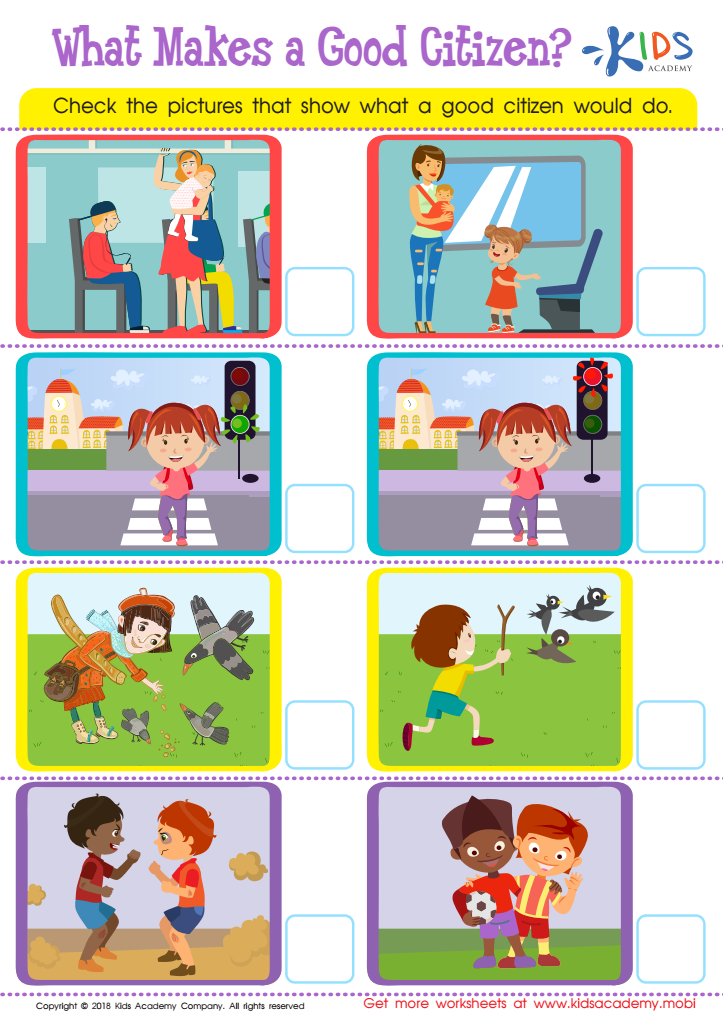

What Makes a Good Citizen? Worksheet
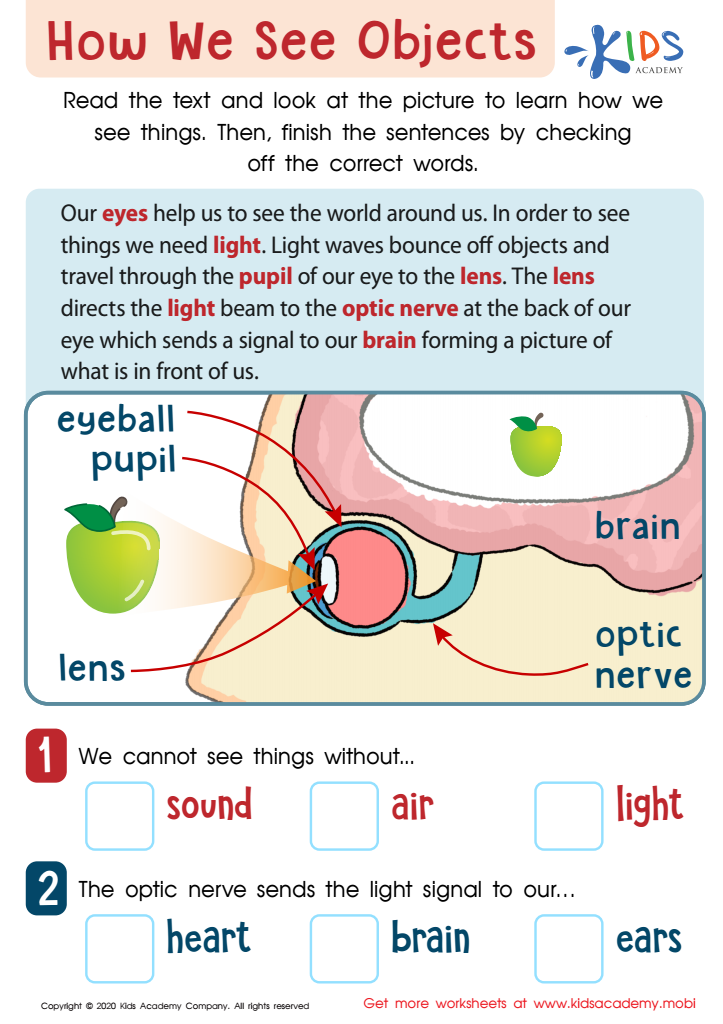

How We See Objects Worksheet
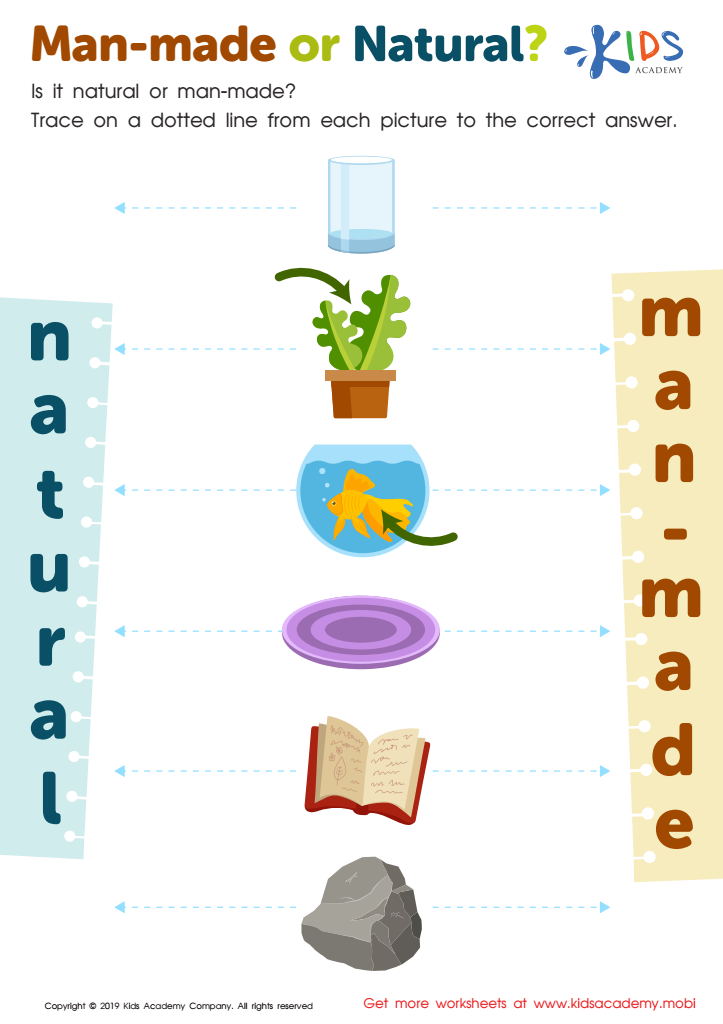

Man-Made or Natural? Worksheet
Developing critical thinking skills in children aged 3-8 is crucial for their overall cognitive development and future success. At this formative stage, children are naturally curious and open to exploring their surroundings. Encouraging critical thinking helps them engage with the world in meaningful ways, fostering skills such as problem-solving, analysis, and creativity.
Parents and teachers play an essential role in nurturing these abilities. By posing open-ended questions, encouraging exploration, and promoting discussions about various topics, they help children learn to express their thoughts, make connections, and evaluate information critically. These skills not only enhance academic performance but also prepare children for real-life situations where sound judgment and decision-making are required.
Moreover, critical thinking fosters independence and resilience. Children learn how to approach challenges, think outside the box, and develop innovative solutions. This helps build self-esteem and encourages a lifelong love of learning. In today’s fast-paced, information-rich world, the ability to analyze, reason, and make informed decisions is more important than ever. Thus, parents and teachers should prioritize the cultivation of critical thinking to equip young minds with the tools necessary for navigating an increasingly complex future.

 Assign to My Students
Assign to My Students

